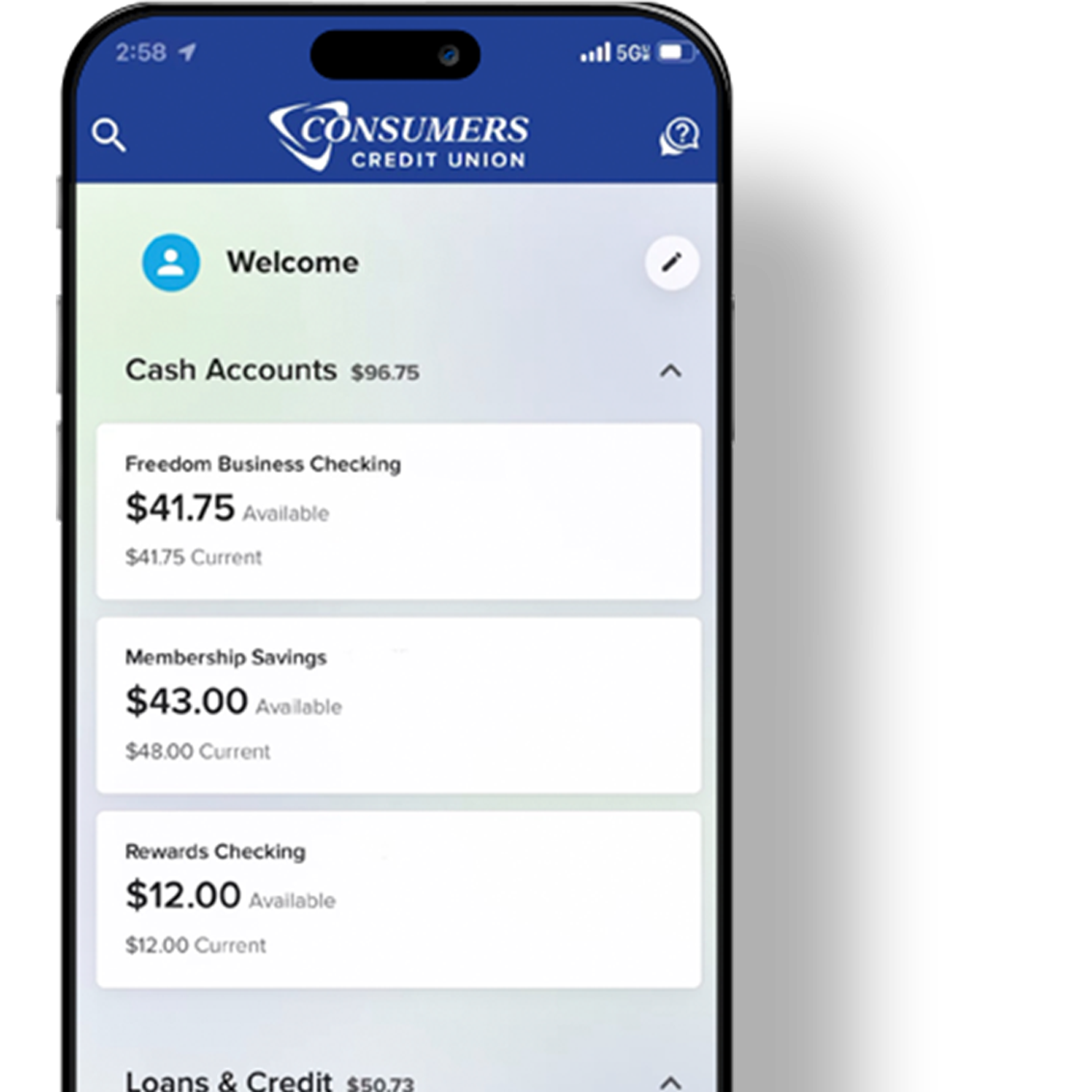Isolation and Fear – The Scammers’ Best Friends
October 2 2024
This is the second of a three-part series on consumer scams. In the first article, the focus was about trusting a scammer on the face of their claim without verifying details. This article takes that idea further. We’ll reveal how scammers’ activities seek to isolate victims from their traditional advisors and support groups so they can’t weigh in on the thieves’ dubious claims.
The investment scams discussed previously have that element. The scammer explains, “This opportunity is hot, but not many people know about it, so you have to keep my offer a secret.” This can include the scammer’s advice, “The average person isn’t going to understand what I am telling you and they would throw up roadblocks because this type of investment doesn’t meet their traditional, low-risk view of how investing should work.” Even worse, the scammer might claim, “People are going to be jealous when they hear what kind of return you are going to earn, so just keep it all to yourself.”
Threats, Intimidation and Fear, Oh My
There is a different kind of scam though where the instruction of secrecy is more sinister because it is based on invoking fear in the intended victim. These scams are built around emergency situations, presented as having potentially dire consequences for the target if they fail to respond to the scammer’s ultimatum. Basically, these scams are a form of threat.
Examples of this type of attack include scammers claiming:
- They are with the FBI; your financial institution is under investigation and your money needs to be moved out of the institution to keep it safe.
- A family member is in jail and they urgently need cash for bail.
- They have taken over your computer and will load it with child pornography if not paid.
- You supposedly owe a merchant or utility for an outstanding bill and if it is not paid immediately, collection efforts will begin and that’ll ruin your credit score.
Despite these very different scenarios, the solution presented by scammers is always the same: “Go to your financial institution and withdraw $XXX,XXX [amount will vary]” (or in a few instances, send a wire). Money will always fix the situation or solve the problem. However, the scammer always insists that telling another person will interfere with the ability to solve the problem.
Why would a scammer not want a target to tell another person about the “situation”? The three primary weapons scammers rely on in successfully pulling off a threat scam are: urgency, isolation, and fear. Urgency is needed so that a target cannot stop and evaluate what they are being told, what makes sense and what does not. Isolation is needed so that the only voice in the head of the target is the scammer… no one extra to ask questions. Fear is the final factor, getting the target scared for themselves or someone else, with the result being acting irrationally and being unwilling to slow down. This is psychological manipulation of the target.
Breaking (It) Down
To achieve this toxic combination, scammers coach the targets. It starts with, “Don’t tell anyone about this because, (1) it is embarrassing for you, (2) the people you might tell cannot be trusted (i.e., they are part of the problem), or (3) there can be no delays in solving this problem.” The directions come when the scammer tells the target, “Here is what you should say if someone asks why you are withdrawing this money…”
Branch employees at financial institutions have reported account holders who have been asked about the nature of large cash withdrawals providing a variety of reasons – which ultimately proved to be false – including:
- “It’s a graduation present for a grandchild.”
- “I’m going to be doing some renovations on my home.”
- “I’m going to buy a car with cash.”
- “I’m making a charitable contribution.”
- “It’s for a perfectly normal transaction that I don’t have to disclose.”
The Fallout
The embarrassment hits home when the account holders contact their financial institutions (FI) after discovering they’ve been scammed. The victims admit to having lied to the FI about what the money was for. However, the revelation typically comes too late for the institution to be able to assist in recovery.
Victim regret does not stop with the lack of disclosures to their respective financial institutions. Financial Institution employees further report that victimized members often make it clear that they did not confide in any family members or close friends.
Asking The Right Questions
So, the question is not, “Why would you lie to your financial institution?”, but better yet, “Why would someone tell you to lie to your financial institution?”
Similarly, “Why would someone not want you to talk to your family or close friends when making a large financial decision?”
The answer to those questions is simple - to isolate potential victims and get them to act without thinking.
Members are encouraged to remember to act with caution when they receive an email or phone call from someone that they do not know. Do not respond to a threat or call for urgent action with immediacy. No legitimate situation exists whereby money – particularly cash – would have to be provided without the opportunity to think about it for several days. No legitimate situation exists whereby you as an account holder could not ask for advice from your financial institution and a trusted personal advisor that you have turned to in the past.

